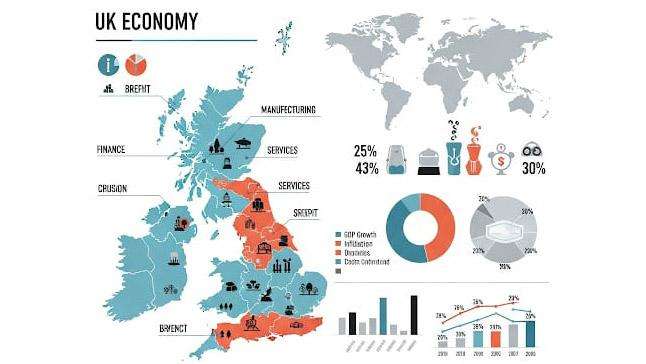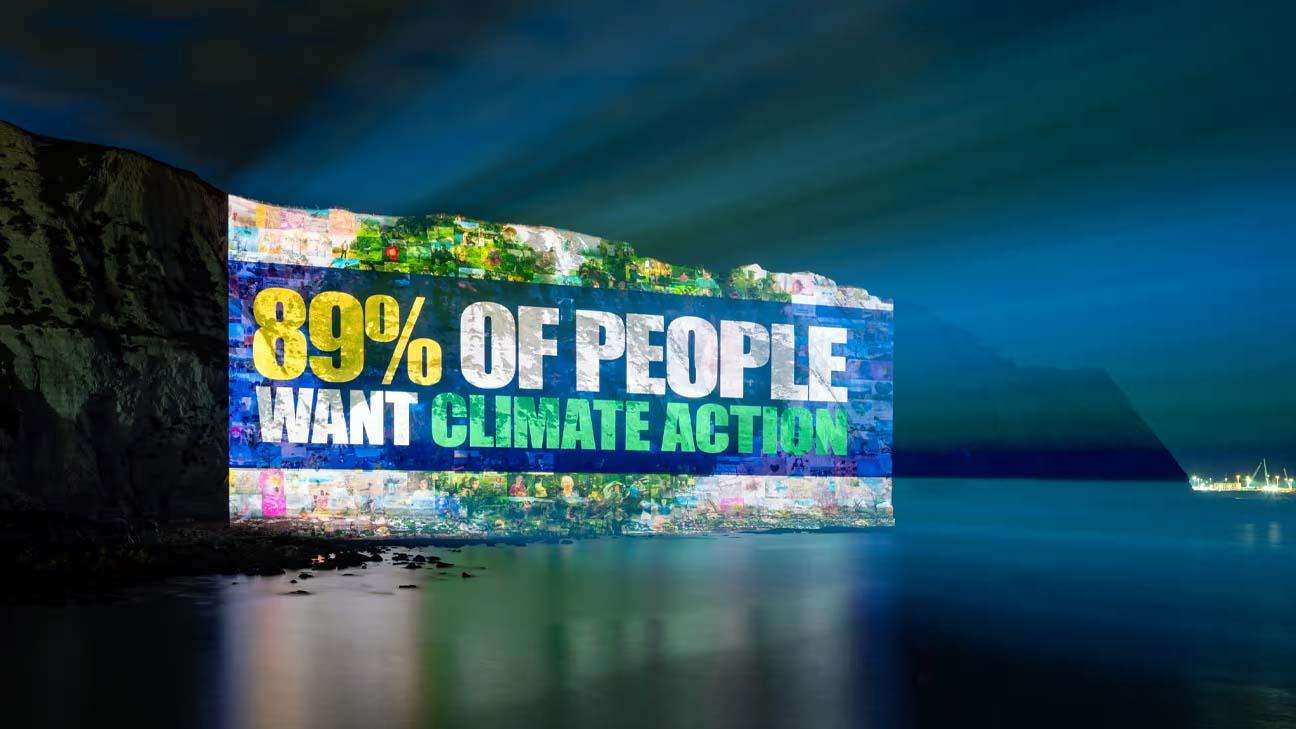The unfolding climate crisis is increasingly forcing the hand of vulnerable nations, leading to unprecedented calls for refuge in the Global North. While the world grapples with the devastating impacts of climate failure, a new visa scheme between Australia and the Pacific island nation of Tuvalu offers a stark glimpse into a future where climate-induced migration becomes a grim reality. This development raises critical questions about the responsibility of developed nations and the potential implications for densely populated, climate-vulnerable regions like South Asia and Africa.
Tuvalu's Exodus: A Glimpse into Climate Displacement
Just last week, an unprecedented climate visa scheme opened between Australia and Tuvalu, offering a lifeline to a nation literally sinking beneath rising sea levels. The Falepili Union, signed in 2023, provides a pathway for Tuvaluans to live, work, and study in Australia, a move widely seen as a direct consequence of the international community's failure to adequately address climate change.
The demand has been overwhelming. As of June 27th, 2025, a ballot for the visas, which opened on June 16th, saw 1,124 primary registrations, ballooning to 4,052 people when accounting for family members. This astonishing figure represents a significant portion of Tuvalu's roughly 11,000-strong population and far surpasses Australia's annual limit of 280 visas.
"It is not surprising that the response is so high," states James Ellsmoor, CEO of Island Innovation, a consultancy focused on sustainable development for small island states. "The high number of applicants is likely pushed by two factors: the economy and climate change."
Tuvalu, a tiny constellation of nine palm-fringed reef islands and coral atolls, is at the forefront of the climate crisis. Two of its coral atolls have already almost disappeared, a direct result of human-caused climate change melting glaciers and heating oceans, causing expansion and sea-level rise. NASA's 2023 report predicts that much of Tuvalu's land area could fall beneath high tide by 2050. Beyond rising waters, increased storm frequency and severity, coral bleaching, and saltwater intrusion into freshwater sources further imperil the nation.
Kamal Amakrane, managing director of the UN's Global Centre for Climate Mobility (GCCM), underscores the profound connection between Tuvaluans and their land: "In Tuvalu, the bond between people, land, and culture is unbreakable. For its people, home is not just where they live - it is who they are. Leaving is not what they want. Yet climate change is rewriting the future."
Ellsmoor does not mince words regarding the larger implications: “From a climate standpoint, the Falepili Mobility Pathway represents a failure in international climate efforts. We are actively failing Tuvalu, we are actively failing island communities... We are talking about an entire sovereign nation and its citizens at risk of losing their physical communities and cultural heritage, through no fault of their own.”
A Precedent for South Asia and Africa?
This unprecedented situation for Tuvalu raises critical questions about the future of other climate-vulnerable regions. With the increasing frequency and intensity of extreme weather events, sea-level rise, and desertification, millions in Bangladesh, India, Pakistan, and various African nations are already facing displacement. Will the Global North be prepared, or even willing, to offer similar pathways to those from these far larger and more populous regions?
Currently, there are no specific, widespread "climate visas" for citizens of South Asian or African countries seeking refuge in first-world nations due to climate change. Existing immigration pathways are typically based on economic migration, family reunification, or conventional refugee status, which often do not explicitly recognize climate displacement as a ground for asylum. While some countries may offer humanitarian visas in the wake of specific climate-related disasters, these are generally temporary and not part of a long-term, structured climate mobility pathway like the one offered to Tuvalu.
This stark reality highlights a significant disparity in global climate justice. While the Falepili Union is lauded for its "foresight and respect," ensuring "climate mobility is rooted in safety, dignity, and human rights," the sheer scale of potential climate migration from South Asia and Africa presents an immense challenge for international policy and a moral dilemma for developed nations.
The Falepili Mobility Pathway, set to select applicants randomly between July 25th and January 25th, 2026, will grant successful Tuvaluan applicants access to Australian education, health, and key income and family support. Furthermore, it's expected to boost Tuvalu's economy through remittances, potentially representing 15-40% of GDP in Pacific nations.
However, the bigger picture remains bleak. "With COP30 just around the corner, this needs to be a wake-up call for governments," says Ellsmoor. "What do we have to show for three decades of negotiations? The first example of internationally-sanctioned climate migration from a small island developing state to a larger regional power which has built its economy on extractive activities, a country which shows little signs of ambition or interest in ensuring this does not continue to happen despite bidding to host COP31 which it intends to label as the ‘Pacific COP’."
The Tuvalu-Australia pact, while a beacon of hope for one nation, serves as a stark reminder of the escalating global climate crisis and the urgent need for comprehensive, equitable solutions for all those facing the profound consequences of a changing planet. Without a significant shift in international climate action and migration policies, the trickle of climate migrants could soon become an uncontrollable flood, particularly from the most vulnerable nations in South Asia and Africa.


.jpg)




.svg)
